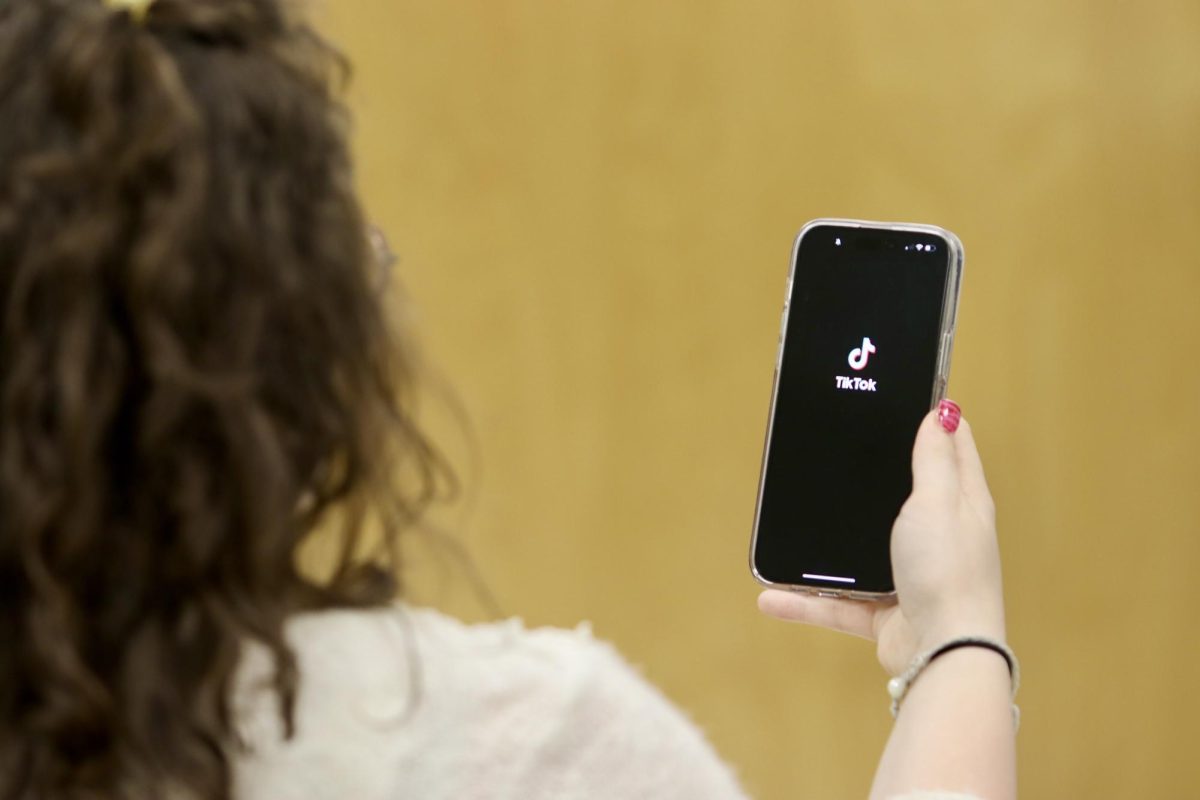The semester begins. You wake up early in the morning, start attending lectures, work while being a full-time student and your planner starts filling up with deadlines and test dates. You are fatigued, your eyes are fluttering, and you instinctively reach for a cup of coffee or any other caffeinated beverages.
Even though caffeine gets energy in the system, it has more negative impacts in the body including some obvious ones like insomnia, increased heartbeat and upset stomach. According to Dr. Millie Naquin, professor of health studies, the recommended caffeine intake for an adult is only up to 400 mg or an equivalent of four cups of brewed coffee. It is not always necessary to rely on caffeine to kick start your day.
These options can help you manage your work and studies and to mark off items from your to-do list. You can still manage to do all the tasks in your planner and work towards your goal for the semester through these alternatives.
Tea: Tea contains less caffeine than coffee but can still energize you for the 8 a.m. class you cannot afford to miss. According to “Health benefits linked to drinking tea” published by the Harvard Medical School, tea has anti-inflammatory and antioxidant properties. Tea also contains substances linked to lower risk of heart disease, cancer and diabetes. It can be a better alternative to the early morning cup of coffee infused with cream and sugar.
Coconut water: This clear liquid found inside coconuts can serve as a fat-free beverage and is known to have many health benefits. An article, “Cracking the coconut craze,” published by Harvard Medical School, states that coconut water can be healthier than drinks with added sugar and colorings such as sports drinks. Coconut contains potassium, re-hydrating electrolytes and serves well after a tiring exercise.
Lemon Water: Lemon water has more benefits than just aiding to the weight loss and skin rejuvenation. It is a great source of Vitamin C, contains antioxidants, acts as a laxative for better digestion and freshens breath. However, it is important to drink it in moderation as drinking a lot of lemon water might erode the enamel on the teeth due to its acidic nature.
Exercise: Exercise acts as lubricator to the human machine. “I think it’s really important to get the brain going, get the circulation, get the oxygen for the brain so that you don’t have to use as much caffeine,” said Naquin.









